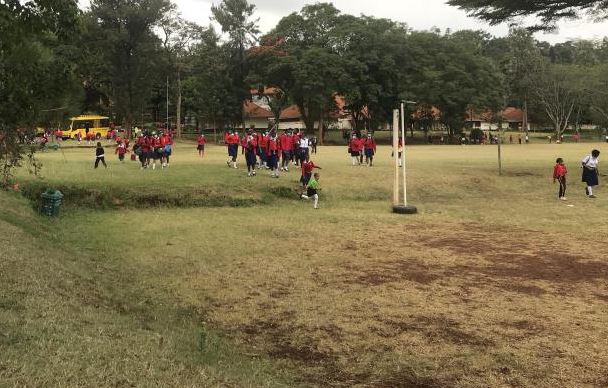×
The Standard e-Paper
Home To Bold Columnists

Economic growth is largely driven by disciplined national thinkers. They come up with new ideas and follow them through, creating new enterprises and expanding the existing ones.
The ordinary but disciplined workers take over, working every day, successfully completing tasks and going beyond the call of duty.